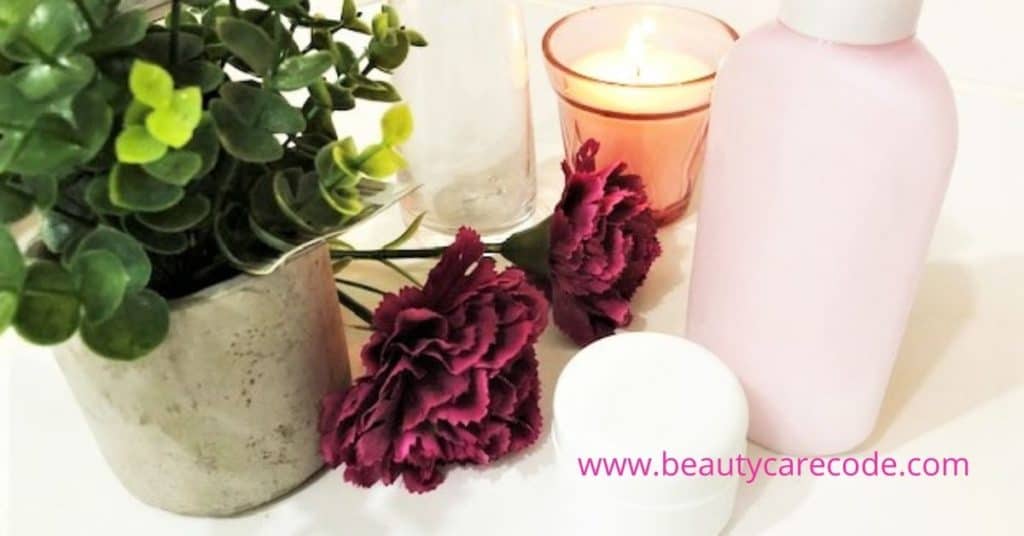Bakuchiol has become very popular in the skincare industry recently. Every day, we hear of it in the market with a whole lot of benefits for the body and skin health. With all good properties and promising values, you may wonder if bakuchiol is your best anti-ageing skincare. The benefits are listed as below:
- Treating acne
- Melasma
- Photoaging
- Hyperpigmentation
- Delaying osteoporosis
- Protecting against cancer and organ damage.
Among all these, what is grabbing our attention is the benefit of bakuchiol as an anti-ageing ingredient. After all, we are focusing on skincare. According to the current skincare industry, bakuchiol significantly:
- improves lines and wrinkles
- reduces pigmentation,
- improves elasticity
- increases firmness
- the overall reduction in photo-damage without the undesirable effects such as irritation, redness and itching.
Many blogs and skincare websites compare bakuchiol with retinol in terms of efficacy and side effects.
They claim Bakuchiol has the same efficacy on rejuvenating the skin without the limiting side effects of retinol. As a health care professional, I consider this as a mission to find any scientific proof to support those claims since it continues to expand in the current skincare business. I am sure you will get your answer if bakuchiol is your best anti-ageing skincare.
What is Bakuchiol? Is it your best anti-ageing skincare?
Bakuchiol is a chemical compound mainly obtained from the seeds of the plant Psoralea corylifolia, also called babchi tree. In India and China, people use this plant to treat many diseases. It is also found in other plant sources such as Psoralea glandulosa, Pimelea drupaceae (cherry riceflower), Ulmus davidiana (Father David elm), Otholobium pubescens and Piper longum (long pepper).
The bakuchiol extracted from the plant is used as an effective ingredient in skin creams or lotion.

Bakuchiol vs retinol? Which one is the hero?
For years, Retinol, a vitamin A derivative, has grabbed the public’s attention for its unique rejuvenating skin properties.
It’s one of the active ingredients in many skincare products, such as eye cream, mask, gel or cream. There is enough study about the positive effects of retinol on fine lines, wrinkles, pigmentation and photoaging.
However, when it comes to serving people with sensitive skin, it fails to fulfill its promises. It can cause skin reactions like itching, inflammation and redness. People with sensitive skin can never finish the required duration of treatment because of these harsh side effects.
Since the bakuchiol enters the market, it plays the hero role. It has similar effects on the skin without harsh side effects.
Research studies support the antiaging effects of bakuchiol!
Yes! So far many research groups have performed studies on bakuchiol and compared its efficacy and the side effects with retinol. These studies support the fact that bakuchiol is an effective option for the improvement of photo ageing and is a better‐tolerated alternative to retinol.
Although retinol and bakuchiol are structurally different, they have shown similar functionalities.
- Both bakuchiol and retinol significantly reduced the fine wrinkles on the face There were no significant differences between bakuchiol and retinol.
They were also compared in their efficacy to improve pigmentation and dark spots.
- They improved both pigment intensity and surface area of involvement. There were no statistically significant differences between bakuchiol and retinol.
Bakuchiol vs retinol? Which one has a better tolerability profile?
Although in some studies bakuchiol shows more redness compared to retinol, retinol causes more scaling, itching and burning. Therefore regarding the overall tolerability, Bakuchiol is the winner.
- The patients receiving bakuchiol had fewer adverse cutaneous side‐effects than those taking retinol, with less stinging and scaling.
- Bakuchiol possesses antioxidant and anti-inflammatory properties. The better tolerability to bakuchiol may be attributed to these properties.
- Furthermore, bakuchiol has not been shown to increase photosensitivity, as retinoid products are known to do. There were no reports of photosensitivity in this study.
For many people, Bakuchiol is very functional since it works its magic as an anti-ageing plant extract. However, there is no product to be magic for everyone. Bakuchiol is not an exception and may have its potential downside.
Like all plant extract ingredient, Bakuchiol also may cause allergic or sensitivity reactions for some people.

A simple recipe for bakuchiol serum
If you prefer to try your own homemade serum, here is a simple recipe with very few ingredient.
Ingredients:
- Bakuchiol oil, pure
- Base oil (avocado oil, olive oil or coconut oil)
- Essential oil (Lavender or jasmine) optional
Preparation:
- Mix one part of bakuchiol with 8 parts of base oil. (I normally use avocado oil)
- Dilute the oils and stir well.
- Store in a glass dropper bottle away from sunlight to preserve its quality.
- If you prefer to add some fragrance to your final product, you can add a few drops of essential oil (lavender or jasmine).
How to apply Bakuchiol serum
Apply a few drops of your oil on your face and gently massage it until absorbed. You can use it once or twice a day.
Bakuchiol and sun protection
As mentioned above, Bakuchiol has anti-inflammatory properties. It does not irritate the skin and it is more suitable for sensitive skin. Considering all its qualities, some have suggested you don’t need sun protection while having bakuchiol on your skin. I don’t recommend such a thing until further studies specific about the sun protection properties of bakuchiol are available.
So, always wear your sun protection even you already have applied bakuchiol.
Please share your experiences and leave me your comments!
So much love!
